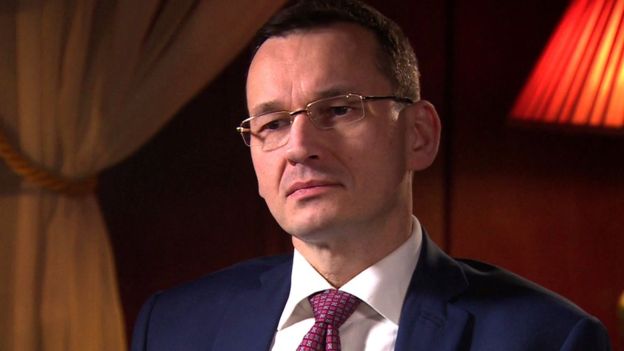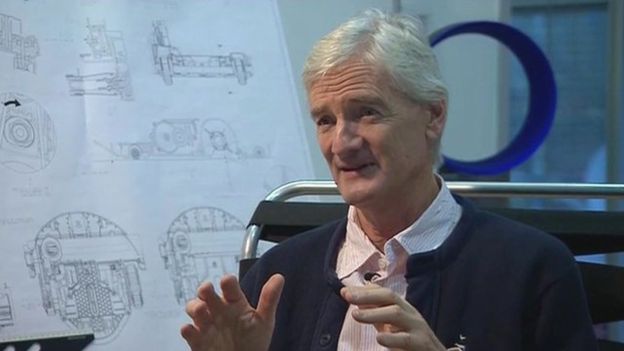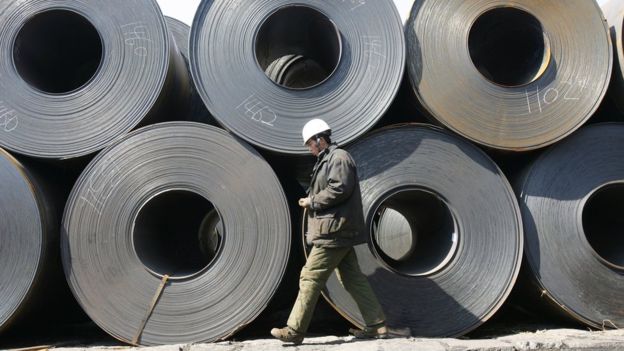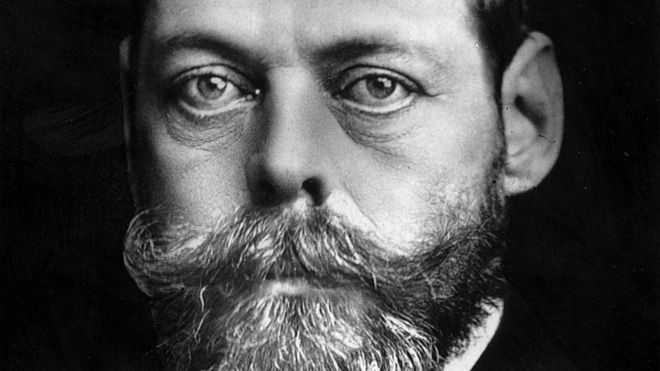Is the world turning its back on free trade?
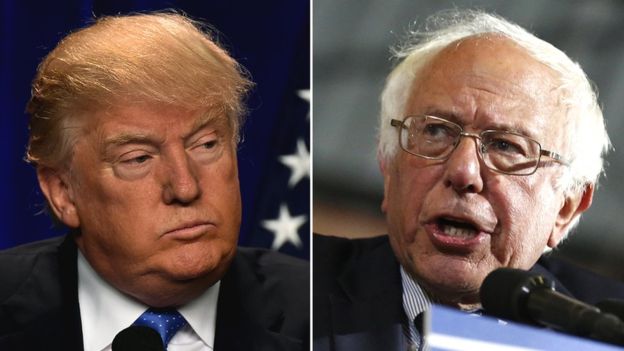
Which politician has captured the curve, summed up a growing mood, in a ferocious speech?
"Your iron industry is dead, dead as mutton. Your coal industries, which depend greatly on the iron industries, are languishing. Your silk industry is dead, assassinated by the foreigner. Your woollen industry is in articulo mortis, gasping, struggling. Your cotton industry is seriously sick. Your shipbuilding industry, which held out longest, is come to a standstill."
The Latin, the silk and the mutton are a dead giveaway. Not Trump, but Lord Randolph Churchill in 1884 denouncing Free Trade.
The system he preferred — "Fair Trade" — is coming back into fashion.
We have heard a lot about the revolt against the political elites, the backlash by those "left behind" by globalization; a lot about the movements and political personalities this has brought to the fore; a lot about the implications for immigration. But not so much about the economics of it all.
It many signal a new rejection of one of the global elite's most cherished policies — free trade.
This is the notion that the fewer economic barriers around the world, and the less countries protect their own goods and trade with special policies, the richer we all end up.
The opposite is protectionism — making foreign goods more expensive by putting taxes on their import , tariffs, in order to make home-grown products cheaper by comparison.
While few embrace the word protectionism, growing numbers of politicians are openly embracing the principle behind it.
Donald Trump has said he would put a swingeing 45% tax on goods from China and 35% on many from Mexico.
Many economists mock this as crazy stuff, but it is a sentiment that goes down well with many Americans.
I remember well talking to a wide variety of people at "the biggest little flea market in the world" in Kentucky, including a man sadly selling Western-style cowboy belts made in China.
Just about everyone I spoke to complained about "the jobs going to Mexico and China".
Trump is not alone, and this is a sentiment not only of the right.
Bernie Sanders has made it very clear he is opposed to NAFTA, the free trade bloc with Mexico and Canada, and the planned Asia Pacific agreement.
Trans-Pacific Partnership: What is it and why does it matter?
He has been saying it for a while. This is him in 2011: "Let's be clear: one of the major reasons that the middle class in America is disappearing, poverty is increasing and the gap between the rich and everyone else is growing wider and wider, is due to our disastrous unfettered free trade policy."
The fringe has come to the fore. That changes the mood of the mainstream too.
The person still most likely to end up in the White House, Hillary Clinton, was once a fierce defender of the Asia deal.
She now says: "I do absorb new information. I do look at what's happening in the world. Take the trade deal. I did say, when I was secretary of state three years ago, that I hoped it would be the gold standard.
"It was just finally negotiated last week, and in looking at it, it didn't meet my standards…. I want to make sure that I can look into the eyes of any middle-class American and say: 'this will help raise your wages'. And I concluded I could not."
Europe following
What the US does will set the tone for the rest of the world. And the enthusiasm for free trade is being increasingly questioned in the rest of the world.
The "Vote Leave" campaign here advocates free trade, and says it will continue if we vote to exit the European Union.
But opponents point out that, in at least a couple of possible futures, new tariffs would be imposed on us.
One passionate Brexit campaigner, the entrepreneur and inventor Sir James Dyson, faces that prospect with equanimity.
He told the Telegraph: "If, as David Cameron suggested, they imposed a tariff of 10% on us, we will do the same in return. We buy more from Europe than they buy from us, so we would be the net beneficiary, and based on these numbers it would bring £10bn into the UK annually."
A debate that seemed all but settled with the repeal of the Corn Laws in the UK could about to become one of the most central issues in politics.
The Corn Laws:
A system of tariffs on imported corn introduced in 1815.
Designed to protect the interests of the UK's great landowners by preventing the market price from falling too low.
Widely disliked by the general population as it kept bread prices relatively high.
Repealed by Sir Robert Peel's Tory administration in 1846, leading to a major split in the Tory ranks, and a realignment of mainstream British politics.
In Our Time: The Corn Laws
It is worth remembering that argument split the Conservative Party between its economic liberal and nationalist wings.
Again the left has its own concerns. Jeremy Corbyn may be campaigning with 75% commitment to remain in the EU, but he is against the Free Trade deal (TTIP) with the US.
The EU itself is, formally, a great supporter of free trade, while there is a suspicion that on the sly countries like France give advantage to their own industries, whenever they can get away with it.
But Europe's fastest growing economy has announced this week a more open breach with the internationalist philosophy.
The determinately populist ruling party in Poland, has just declared a "Farewell to Neoliberalism".
The deputy Prime Minister Mateusz Morawiecki, declares the nation is too dependent on foreign money: "We want the invisible hand of the market supported by the visible hand of the state".
The Hungarian Prime Minister has been following a similar path for some time.
This reaction, in the US and Europe, is part of the aftershock of the 2008 economic crisis and the sense of frustration and powerlessness felt by many voters.
Chinese tariffs
But free trade is not just questioned in the West. China has recently imposed 46% tariffs on certain types of steel.
While it is attempting to close down loss-making "zombie industries" the primacy of the party is all, and it will not allow unfettered international competition threaten social stability.
And the Chinese are the main target of such measures by countries around the globe.
Researchers believe free trade has been under attack for several years. The 2015 report from the Centre for Economic Policy Research's Global Trade Alert, says: "the 'level playing field' has taken a battering this year … governments imposed 539 trade distortions in the first ten months of this year, of which the G20 were responsible for 443".
Another report from last year, by the EU, also finds backsliding, claiming the G20 is breaking its promises: "(the) pledge to refrain from adopting new trade-restrictive measures — and to roll back those in place — has not been honoured…. What is more, trade restriction has shifted eastwards, with Russia, China, India and Indonesia among the main offenders".
This is a huge challenge to the rebalancing of the world economy which we cover with the dustsheet rubric "globalisation".
National politicians have always put their own country's economic interests first.
But for decades those in power have argued economics is not a zero-sum game, and what benefits one benefits all.
While the game hasn't quite changed to "beggar thy neighbour" those who want to look after the left-behinds, or at least court their votes, may clamour for a contest where the richer nations reassert their self-perceived right to be top dog.
Политика конфиденциальности | Правила пользования сайтом
